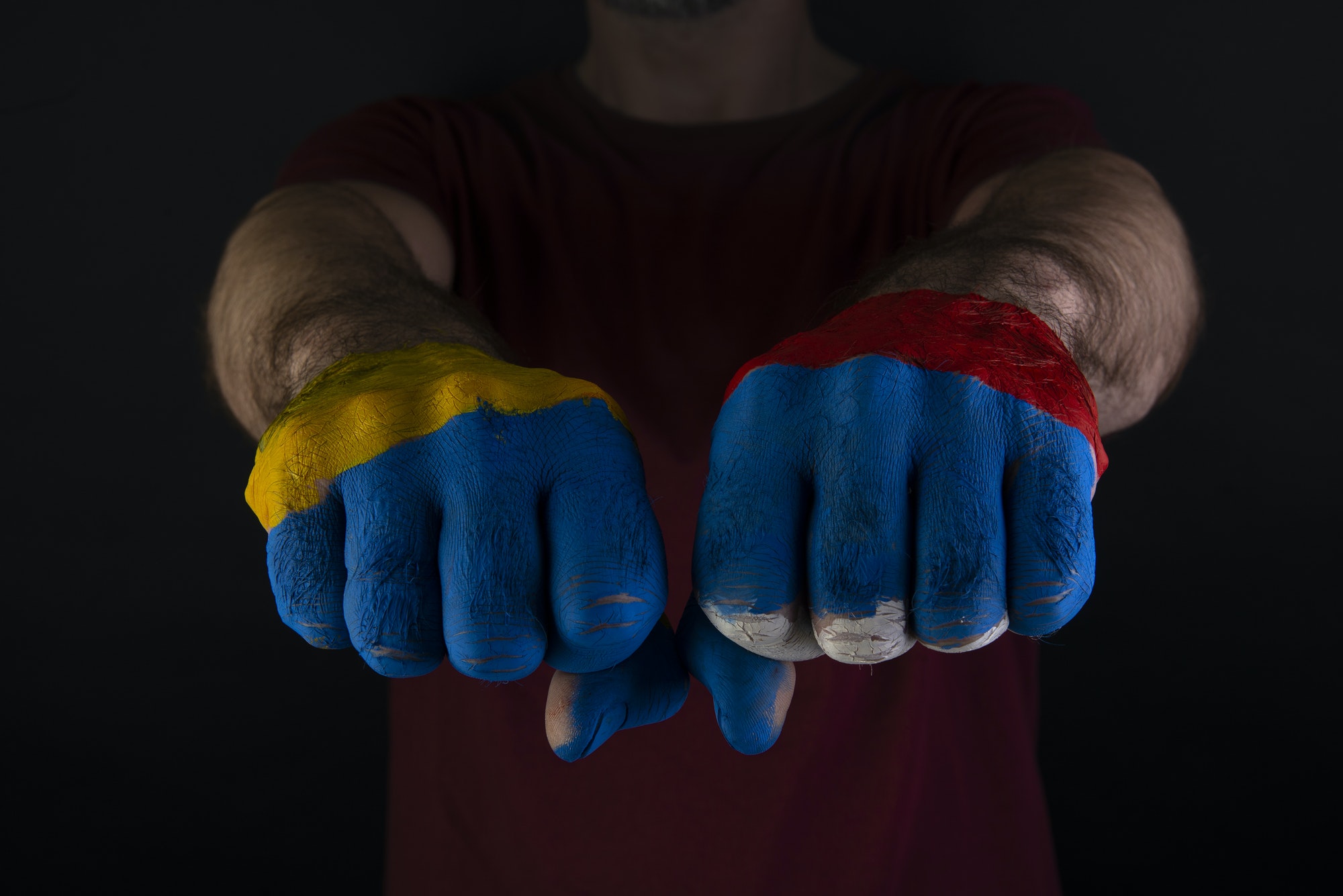The International Court of Justice (ICJ) has been busy sorting through the ongoing scuffle between Russia and Ukraine, calling out some major no-nos like funding terrorists and discriminating against certain groups. This article breaks down these complex decisions to show what they mean for the big picture, like international rules, the countries involved, and the whole world’s political drama.

What the ICJ Said
Money Trails and Plane Tragedy
One of the big issues the ICJ looked into was Russia being accused of giving money to rebel groups in Eastern Ukraine. This is a big deal because it’s connected to the sad event when Malaysia Airlines Flight MH17 was shot down in July 2014. The court didn’t directly say Russia did it but pointed out that Russia needs to take a closer look at these serious accusations of funding bad activities under a 1999 treaty that’s all about stopping the money flow to terrorists.
Breaking Anti-Discrimination Rules
The court also called out Russia for not playing fair in Crimea, like pushing the Ukrainian language aside and trying to erase the culture of the Crimean Tatars. Russia got into trouble for shutting down the Mejlis, which is like a council for the Crimean Tatars, going against a 1969 treaty aimed at getting rid of racial discrimination. Russia didn’t listen to previous orders to fix these issues, which didn’t sit well with the court.
The Big Picture
These decisions by the ICJ shine a light on how the world community is not okay with countries breaking international rules during conflicts. It’s a step towards making sure countries are held responsible for not sticking to the law, especially when it comes to funding terror or discriminating against people.
Wrapping It Up
The ICJ’s take on the Russia-Ukraine situation is a big deal for international law, showing that keeping countries in check and upholding justice is key in world matters. As things keep unfolding, it’s important for the global community to back up these legal processes to make sure everyone plays by the rules and justice is served when rules are broken.

Frequently Asked Questions (FAQs) About the ICJ’s Decisions on Russia-Ukraine
1. What is the International Court of Justice (ICJ)?
The International Court of Justice (ICJ) is like the main courtroom for countries to solve their disputes under international law. It’s part of the United Nations and helps keep the peace by making sure countries follow the rules.
2. Why did the ICJ get involved in the Russia-Ukraine conflict?
The ICJ stepped in because there were serious accusations flying around – like Russia funding groups considered terrorists in Ukraine and discriminating against certain people in Crimea. The court’s job was to see if these actions broke international law.
3. What did the ICJ say about the downing of Flight MH17?
The ICJ didn’t directly blame Russia for the tragedy but said Russia needs to do a better job investigating the claims that it helped fund the groups linked to the incident. It’s all about making sure countries check into accusations of supporting terrorism.
4. How did Russia violate anti-discrimination treaties, according to the ICJ?
The ICJ found that Russia’s actions in Crimea, such as limiting the use of the Ukrainian language and messing with Crimean Tatar culture, broke rules against racial discrimination. Especially bad was banning the Mejlis, a key group for the Crimean Tatars, which went against international agreements to treat everyone fairly.
5. What’s the big deal about these ICJ rulings?
These rulings are important because they show that the international community is watching and won’t stand for countries bending or breaking the law. It’s a reminder that there are rules to follow, especially in tough times, and that there are consequences for ignoring them. These decisions help set the stage for how similar situations might be handled in the future.
Sources BBC


